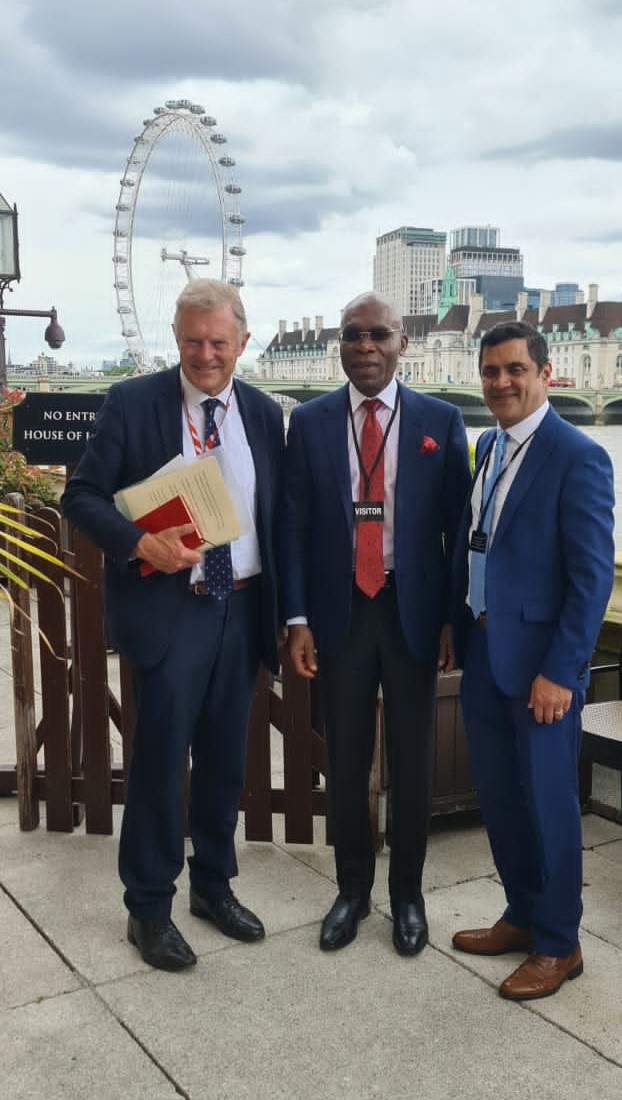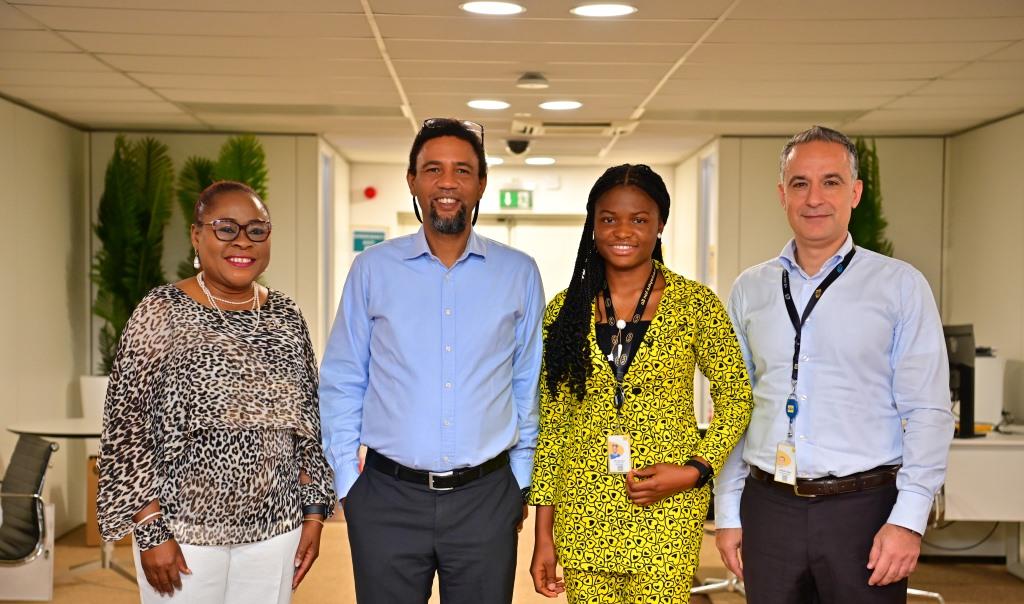Data solutions provider, MainOne has called for a regulatory framework that will deepen collaborations among indigenous service providers in order to drive the planned 30% broadband penetration in few years time.
The Chief Information Security Officer of MainOne, Mr. Chidinma Iwe, said in an interview in Lagos that partnership between the local telecoms operators in the Southern and Eastern blocks of the African continent has availed the companies to leverage on each other thereby, sharing infrastructure and support systems, which ultimately provided wider coverage and adequate services consumers in the region.
However, the Western African block still lags in initiating a regulation for a bond among its local firms, which has resulted into foreign operators investing their revenue outside the country. Consequently, this is short -changing the impact of more investments, more jobs, better services for the country and her citizenry.
Speaking on the Internet Exchange Protocol (IXP) traffic in the country, Chidinma advocated for an increase in the number of Internet local exchanges. According to a local IXP data, just a few numbers of technological firms in the country exchanged Internet traffic locally.
He further explained with the scenario of placing a contact call from Yaba to Victoria Island but, the telecom operator had to connect the call with a source in London before returning the call to Nigeria, which is why services are mostly slow because it consumes more bandwidth.
He added that “Currently, latency in Nigeria is 10 seconds, while in London, 100 seconds,” noting that the function of an IXP is to reduce the portion of an ISP’s traffic, which must be delivered via the upstream transit providers thereby, reducing the average per-bit delivery cost of their service.
A previous report on the matter had disclosed that Internet traffic from Nigeria went directly to the foreign hubs thereby causing serious capital flight inform of transit charges paid to foreign ISPs by some of their Nigerian counterparts as some Internet Service Providers (ISPs) in the country still depended on hubs located outside the country, in places like Europe, United States and Israel.
Chidinma said that exchanging traffic locally would increase Internet speed, improve transmission line, ensure high speed delivery, reduce connection costs, connectivity delays (latency) and bandwidth thereby aiding the growth of local content App developers reduce foreign flights, and improve quality of service generating additional revenues that would boost the economy and the image of the country.









